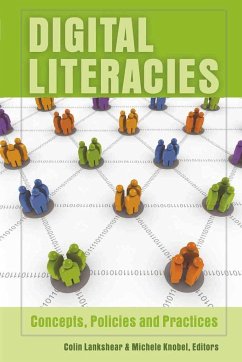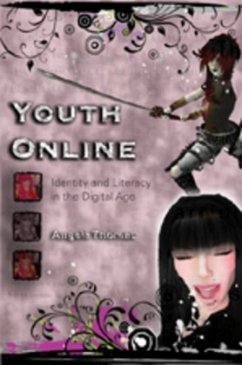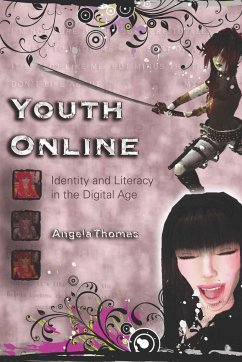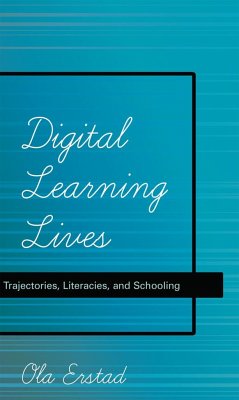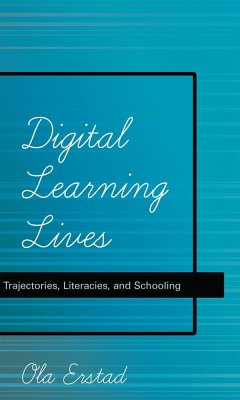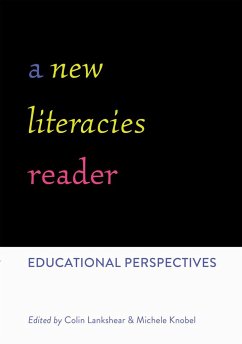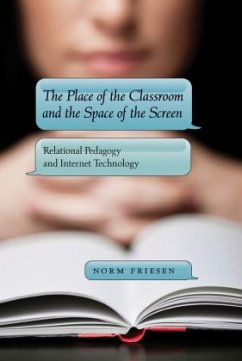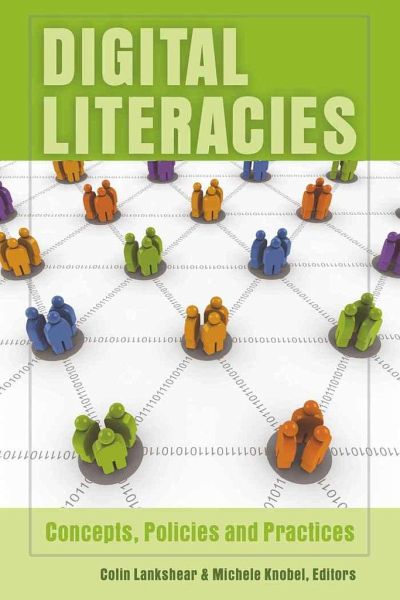
Digital Literacies
Concepts, Policies and Practices
Herausgegeben: Lankshear, Colin; Knobel, Michele
Versandkostenfrei!
Versandfertig in 6-10 Tagen
126,85 €
inkl. MwSt.

PAYBACK Punkte
0 °P sammeln!
This book brings together a group of internationally-reputed authors in the field of digital literacy. Their essays explore a diverse range of the concepts, policies and practices of digital literacy, and discuss how digital literacy is related to similar ideas: information literacy, computer literacy, media literacy, functional literacy and digital competence. It is argued that in light of this diversity and complexity, it is useful to think of digital literacies - the plural as well the singular. The first part of the book presents a rich mix of conceptual and policy perspectives; in the sec...
This book brings together a group of internationally-reputed authors in the field of digital literacy. Their essays explore a diverse range of the concepts, policies and practices of digital literacy, and discuss how digital literacy is related to similar ideas: information literacy, computer literacy, media literacy, functional literacy and digital competence. It is argued that in light of this diversity and complexity, it is useful to think of digital literacies - the plural as well the singular. The first part of the book presents a rich mix of conceptual and policy perspectives; in the second part contributors explore social practices of digital remixing, blogging, online trading and social networking, and consider some legal issues associated with digital media.



